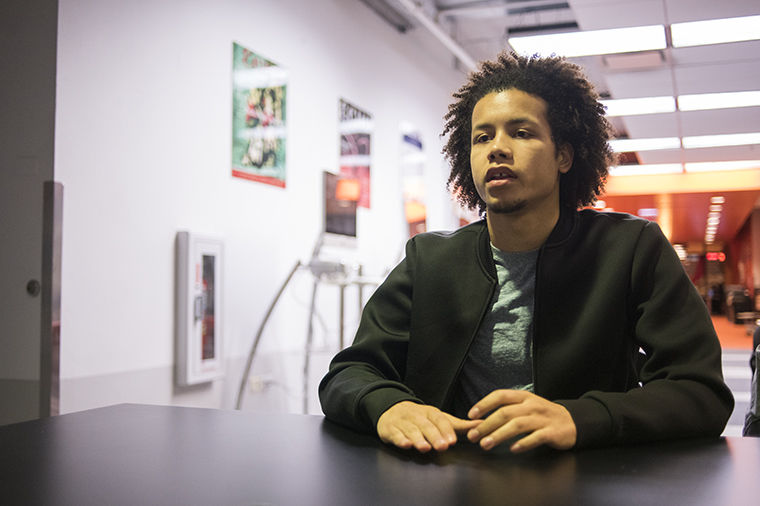Columbia responds to Trump travel ban, supports international students
February 6, 2017
Columbia officials including the Office of International Student Affairs and President and CEO Kwang-Wu Kim recently released statements reaffirming their support of international students following President Donald Trump’s executive order banning citizens from seven Muslim–majority countries from entering the U.S.
In an ISA statement released Jan. 31, Director Gigi Posejpal emphasized the office’s commitment to international student support and gave advice to students whom the executive order potentially affected.
The statement encouraged students to refrain from traveling until further information was known, including those who are not from the countries listed.
“We wanted our community to know that we are here,” Posejpal told The Chronicle. “We stand committed to supporting them. They are here to pursue a specific educational and career goal, and we just wanted to let them know that we’re here; our doors are open. Whatever support they would need, we wanted to make sure they knew that.”
Kim’s Feb. 1 statement ensured support for Columbia’s international students and their families. The statement was shared with faculty and staff and on the college website as well as via social media.
Although the order only banned seven countries and affects approximately seven Columbia students, Posejpal said, she added that international students from around the world are concerned.
“It sent out a ripple of fear to all the international students because it’s like, ‘What’s my future going to be like here?’” she said.
The Chronicle asked the ISA and the Office of Asian American Cultural Affairs to seek interviews with students directly affected by the ban but did not receive a student response as of press time.
“We will continue to ensure that all of our faculty, staff and students, including our more than 300 international students, have the support they need. We also support the Association of American Universities, which is calling for a quick end to this immigration policy,” Kim said in the statement.
It is important for institutions to support diversity, Kim told The Chronicle.
“We exist to help students grow [and] to make sure that our students are going out into the world prepared to be productive citizens, and it feels right now like there are barriers being put up to [stop] that,” Kim said. “I feel, and certainly most of the college presidents all feel, that we have to speak up to try and guarantee that the experience of our students doesn’t get shrunk because of regulations coming out of Washington D.C.”
Although students showed concern after Trump’s initial election as president, Posejpal said this is even more troubling because it is having a direct and tangible effect on people.
“The first time everything was a surreal experience,” Posejpal said. “It was something that didn’t necessarily hit home, so to speak. Now it’s different because you have people being detained at airports— having people that are experiencing even more uncomfortable situations walking down the street or in public places.”
Stephen Chaney, junior business & entrepreneurship major and president of the International Student Organization, said the ban places additional stress on affected students, whom he added already face more than most students.
“Being a student in general can be a very unsure time for a lot of people, financially, educationally, and emotionally, so it definitely compounds… some stresses,” Chaney said. “To say it has no effect would be the understatement of the next four years. It is not helpful to have this compounded stress as an international student especially. There [are] so many more processes that you have to go through to stay in the country in the first place.”
Heloisa Carramate, sophomore advertising major and vice president of ISO, said she understands the stresses of being an international student because she is from Brazil but added that she is more fortunate than those whom the ban affects.
“I don’t think it is right. I am an international student myself; I go through the whole visa process, [and] it is a stressful process,” Carramate said. “In this case, I am in a privileged position because I am not from one of the banned countries, [and] my religion is not persecuted, so it is unfair for people to be punished for something that is out of their hands.”
While the pool of affected students is small, Posejpal said people should look at the bigger picture of how the ban could potentially affect other students at the college.
“There’s definitely a lot more at stake, especially because [the Trump administration is] talking about the number of countries maybe expanding,” Posejpal said. “Sometimes we can say, ‘Maybe we’re looking at a very small group,’ but in reality, I think we have to be cognizant that many of the students could end up being affected.”








